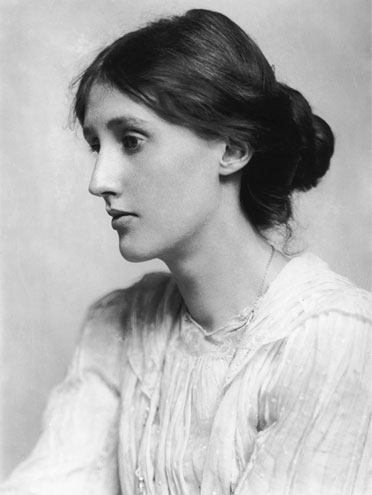•12:55 PM
Blank Verse consists of lines of iambic pentameter (five-stress iambic verse) which are unrhymed—hence the term "blank." Of all English metrical forms it is closest to the natural rhythms of English speech, and at the same time flexible and adaptive to diverse levels of discourse; as a result it has been more frequently and variously used than any other type of versification. Soon after blank verse was introduced by the Earl of Surrey in his translations of Books 2 and 4 of Virgil's The Aeneid (about 1540), it became the standard meter for Elizabethan and later poetic drama; a free form of blank verse is still the medium in such twentieth-century verse plays as those by Maxwell Anderson and T. S. Eliot. John Milton used blank verse for his epic Paradise Lost (1667), James Thomson for his descriptive and philosophical Seasons (1726-30), William Wordsworth for his autobiographical Prelude (1805), Alfred, Lord Tennyson
for the narrative Idylls of the King (1891), Robert Browning for The Ring and the Book (1868-69) and many dramatic monologues, and T. S. Eliot for much of The Waste Land (1922). A large number of meditative lyrics, from the Romantic Period to the present, have also been written in blank verse, including Coleridge's "Frost at Midnight," Wordsworth's "Tintern Abbey," Tennyson's "Tears, Idle Tears" (in which the blank verse is divided into five-line stanzas), and Wallace Stevens' "Sunday Morning." Divisions in blank verse poems, used to set off a sustained passage, are called verse paragraphs. See, for example, the great verse paragraph of twenty-six lines which initiates Milton's Paradise Lost, beginning with "Of man's first disobedience" and ending with "And justify the ways of God to men"; also, the opening verse paragraph of twenty-two lines in Wordsworth's "Tintern Abbey" (1798), which begins:
for the narrative Idylls of the King (1891), Robert Browning for The Ring and the Book (1868-69) and many dramatic monologues, and T. S. Eliot for much of The Waste Land (1922). A large number of meditative lyrics, from the Romantic Period to the present, have also been written in blank verse, including Coleridge's "Frost at Midnight," Wordsworth's "Tintern Abbey," Tennyson's "Tears, Idle Tears" (in which the blank verse is divided into five-line stanzas), and Wallace Stevens' "Sunday Morning." Divisions in blank verse poems, used to set off a sustained passage, are called verse paragraphs. See, for example, the great verse paragraph of twenty-six lines which initiates Milton's Paradise Lost, beginning with "Of man's first disobedience" and ending with "And justify the ways of God to men"; also, the opening verse paragraph of twenty-two lines in Wordsworth's "Tintern Abbey" (1798), which begins:
Five years have past; five summers, with the length
Of five long winters! and again I hear
These waters, rolling from their mountain-springs
With a soft inland murmur.
Of five long winters! and again I hear
These waters, rolling from their mountain-springs
With a soft inland murmur.
- Adapted from M. H. Abram's A Glossary of Literary Terms


0 comments: